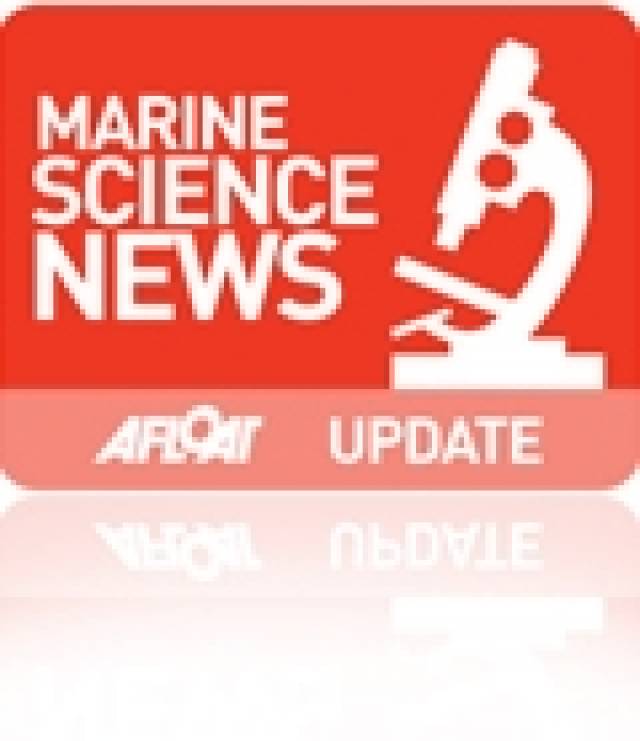#blueecomony – Scientists from both sides of the Atlantic met today at the ESOF 2012 Atlantic Symposium to explore the many ocean governance, economic development and environmental challenges and opportunities their shared Atlantic resource represents.
A key focus of the Symposium is how to harness evolving technology to drive the 'blue economy' through smart, sustainable and inclusive growth and how to achieve this through collaboration across the Atlantic Ocean in the areas of science, technology and innovation.
Speaking at the Atlantic Symposium, Dr. Peter Heffernan, CEO Marine Institute said, "The Atlantic represents a significant resource, and while it separates the continents, it also presents a huge opportunity to work together to solve shared environmental issues and to explore opportunities for development and economic benefit. Today, we have taken the first steps in creating a new roadmap for better and more focussed cooperation between the European and American continents."
Prof Scott Glenn, Rutgers University, USA, described the historical, cultural and scientific links between Europe and the United States of America divided by the expanse of the Atlantic Ocean. He pointed to challenges such as sustainable ocean governance, climate change prediction and impact, and deep-sea research which require a united approach.
These issues were further developed by Prof Michael St John, Danish Technical University and PI of the Euro-BASIN project, and by Dr Michael Crosby of the MOTE Laboratory in Florida who said, "The world's magnificent oceans are not barriers between us, but bridges of shared resources, challenges and opportunities. International partnerships designed to increase our scientific understanding of marine ecosystems as part of a single interconnected global system, that includes human activities, are essential for long-term sustainable use of these shared resources. However, translation and transfer of such scientific understanding is vital to enhance global "ocean literacy" in the broader public to build a foundation for improved stewardship of marine resources."
The final keynote speaker, Mr Robert-Jan Smits, Director-General, DG Research and Innovation, European Commission, said that "the EU and its Atlantic neighbours share the same values and global concerns, such as climate change, energy supply, food security and health. Encouraging and improving international cooperation is therefore a priority of the EU 'Maritime Strategy for the Atlantic Ocean Area' and an integral part of Horizon 2020, the new EU research and innovation funding programme."

































































